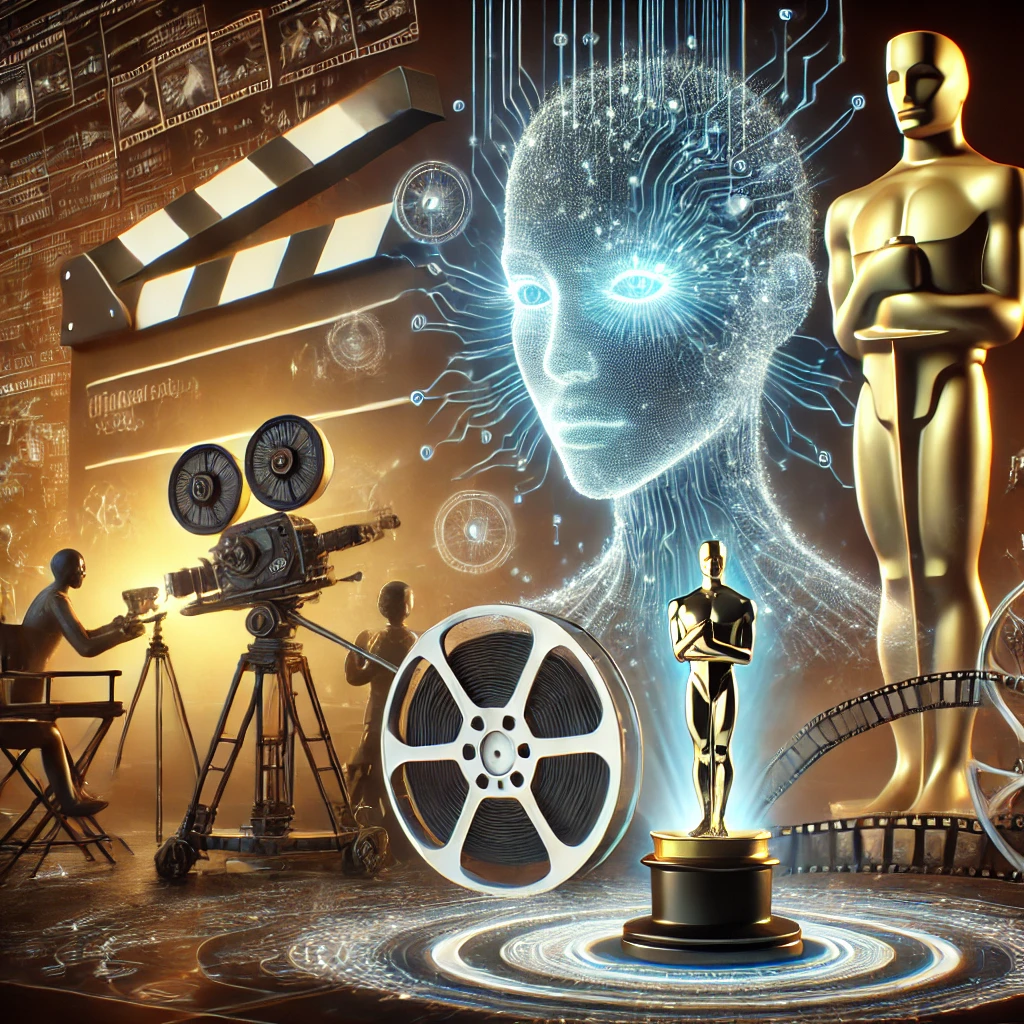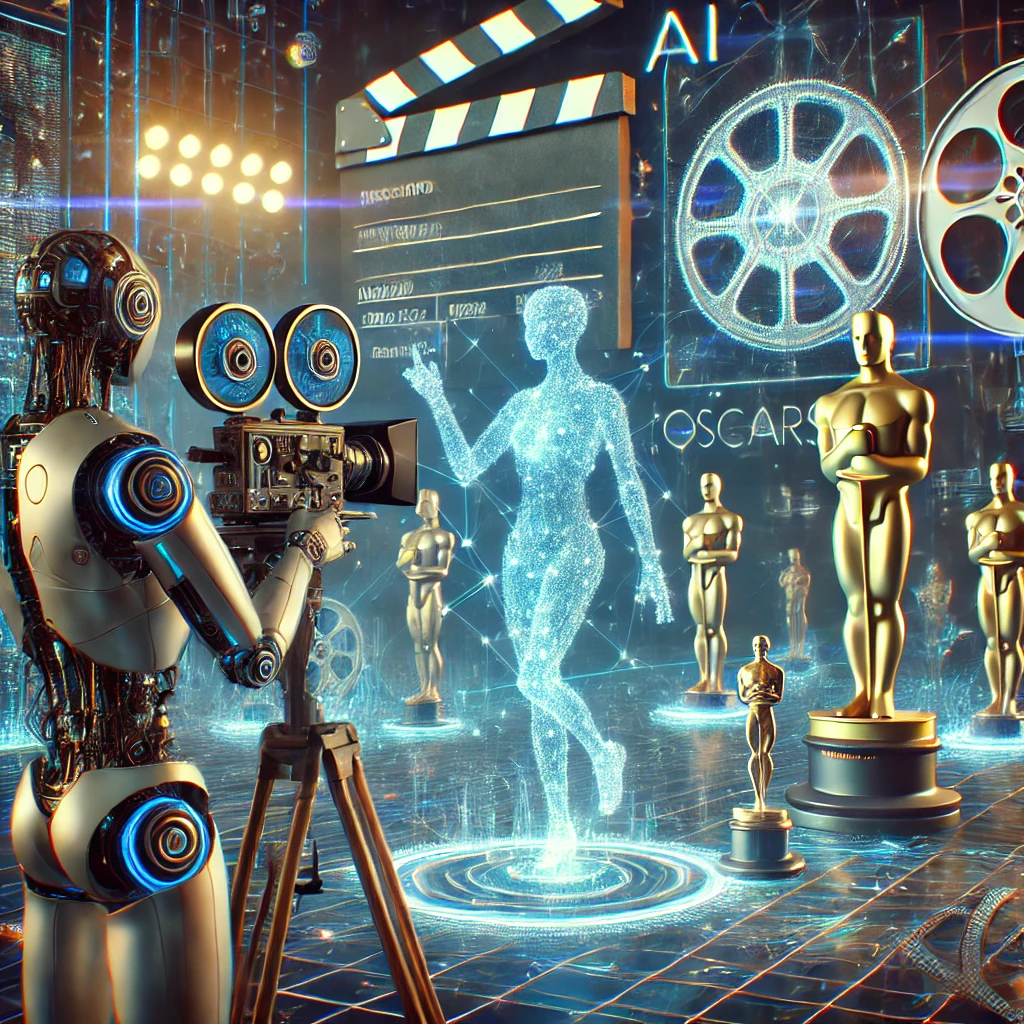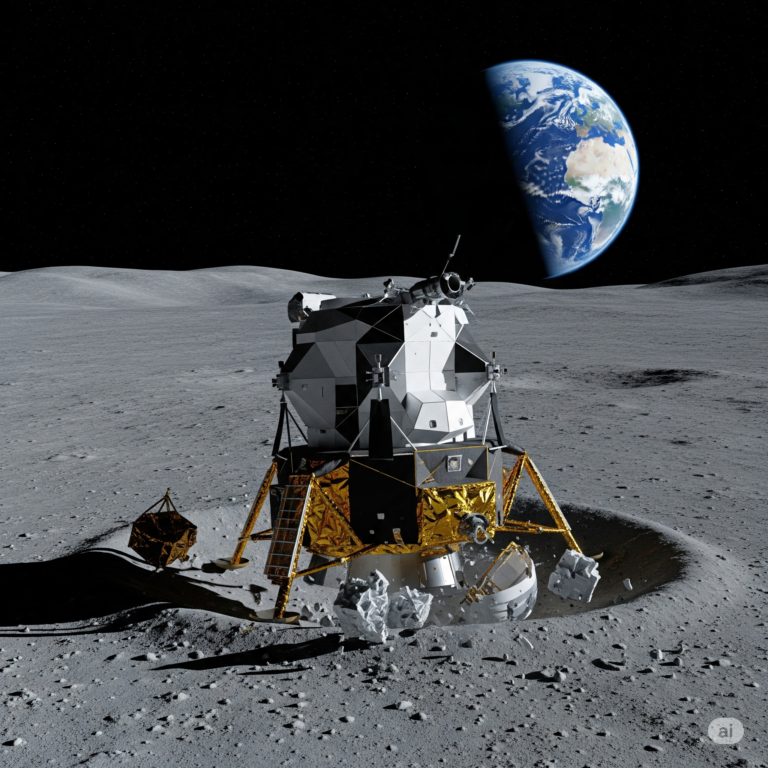Introduction
The Academy Awards, widely regarded as the pinnacle of cinematic recognition, have always sought to maintain the integrity and authenticity of filmmaking. However, as artificial intelligence (AI) continues to permeate the entertainment industry, concerns over its ethical and artistic implications have sparked a heated debate. Recent controversies surrounding films such as The Brutalist and Emilia Pérez have intensified calls for regulatory oversight. In response, the Academy of Motion Picture Arts and Sciences is reportedly considering the implementation of mandatory AI disclosure requirements for Oscar contenders.
The Rise of AI in Filmmaking
Advancements in AI technology have ushered in a new era of cinematic production. From deepfake technology to AI-generated scripts and digital de-aging techniques, filmmakers now possess unprecedented tools to enhance their storytelling. While these innovations offer creative possibilities, they also raise significant concerns regarding artistic authenticity, employment ethics, and potential manipulation of reality.
In recent years, AI has been used extensively in post-production, CGI rendering, and even scriptwriting. AI-driven software can analyze market trends, predict audience reactions, and optimize production budgets. However, the encroachment of AI into traditionally human-driven domains has sparked fears of job displacement among actors, screenwriters, and visual effects artists.
The Brutalist and Emilia Pérez Controversies

The urgency of AI regulation in cinema was heightened by the recent controversies surrounding The Brutalist and Emilia Pérez. These films allegedly employed AI-generated assets in ways that were not fully disclosed to the public. While proponents argue that AI enhances efficiency and creativity, critics contend that such undisclosed usage undermines the credibility of the filmmaking process.
In the case of The Brutalist, concerns were raised over the extent of AI involvement in its digital effects and potential AI-assisted performances. Similarly, Emilia Pérez faced backlash after reports surfaced suggesting that AI-driven tools were used to manipulate actors’ performances and alter script elements. The lack of transparency in these instances has fueled calls for clearer guidelines regarding AI utilization in film production.
Ethical and Artistic Implications
The infiltration of AI into cinema presents a paradox: while it offers boundless creative possibilities, it also threatens the authenticity and labor dynamics of the industry. AI’s ability to replicate human performances raises ethical questions about consent, intellectual property rights, and the future role of artists in an increasingly digitized landscape.
Furthermore, AI-driven alterations to actors’ performances could distort an artist’s original intent. If AI is used to modify facial expressions, voice intonations, or even entire scenes without an actor’s explicit approval, the integrity of performance art is called into question. The same applies to scriptwriting—if AI algorithms are employed to generate dialogue and narratives, can a film still be considered a genuine human creation?
The Academy’s Potential Policy Shift
In response to these concerns, the Academy is deliberating over the introduction of AI disclosure requirements for films seeking Oscar eligibility. This proposed policy would compel filmmakers to transparently outline the extent to which AI has been utilized in their productions. By enforcing such a mandate, the Academy aims to uphold artistic integrity while fostering informed discourse around the evolving role of AI in cinema.
Potential provisions of this policy may include:
- Mandatory AI Usage Disclosure: Filmmakers would be required to specify all instances of AI-assisted content creation, including script generation, visual effects, and performance modifications.
- Ethical Guidelines for AI Implementation: Clear boundaries may be established to prevent unethical manipulation of actors’ performances and ensure proper consent mechanisms.
- Review Committees for AI-Generated Content: The Academy could introduce expert panels to assess the ethical implications of AI usage in submitted films.
- Employment Safeguards: Policies to protect jobs within the film industry, ensuring that AI complements rather than replaces human labor.
Industry Reactions and Future Implications
The prospect of AI disclosure requirements has elicited mixed reactions within the industry. Some filmmakers and production companies support the move, viewing it as a necessary step toward maintaining artistic transparency. They argue that a standardized framework would encourage ethical AI usage while preventing potential abuses.
Conversely, others express concerns that such regulations could stifle innovation. AI proponents contend that technological advancements should be embraced rather than restricted, asserting that stringent policies might hinder creative exploration and drive filmmakers toward alternative, less regulated platforms.
Moreover, the potential global ramifications of such a policy remain uncertain. If the Academy were to enforce AI disclosure requirements, it could set a precedent for other major film institutions, prompting similar regulatory measures across the industry. This could lead to an international dialogue on the ethics of AI in filmmaking, ultimately shaping the trajectory of digital cinema for years to come.
Conclusion
As AI continues to reshape the landscape of cinematic production, the necessity for transparency and ethical considerations grows ever more critical. The controversies surrounding The Brutalist and Emilia Pérez have underscored the urgency of establishing clear guidelines regarding AI usage in films. The Academy’s deliberation on mandatory AI disclosure reflects a pivotal moment in the industry’s evolution—one that could redefine the standards of artistic integrity and innovation.
Whether viewed as a safeguard against ethical dilemmas or a constraint on creative liberty, the introduction of AI disclosure requirements at the Oscars could mark a significant turning point in the way films are produced, evaluated, and consumed. The coming years will reveal whether such policies become an industry standard or merely a fleeting attempt to address an increasingly complex digital reality.














[…] Read Also :Oscars May Mandate AI Disclosure for Films Amid ‘The Brutalist’ and ‘Emilia Pérez’ Controve… […]